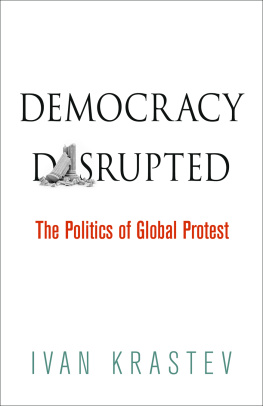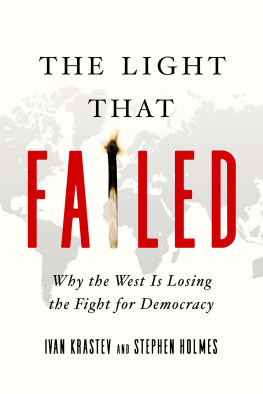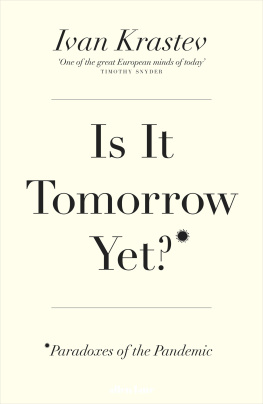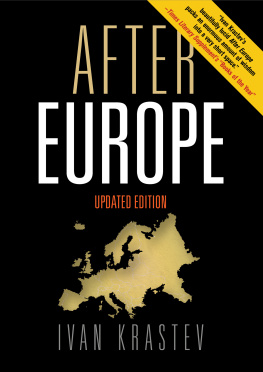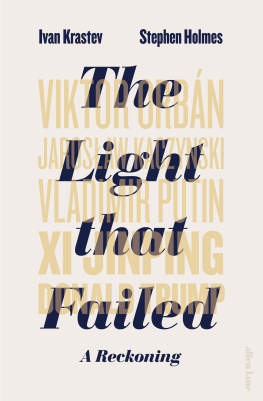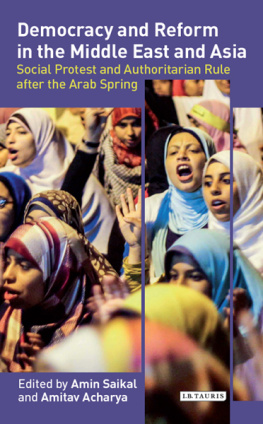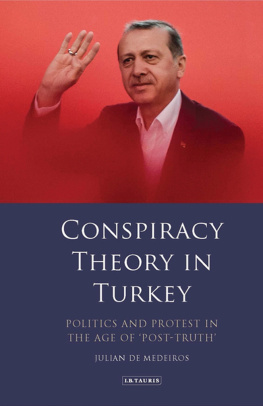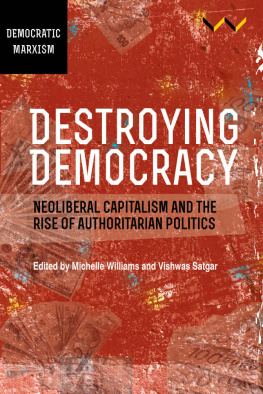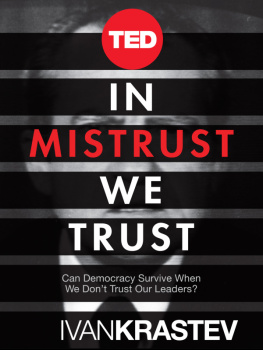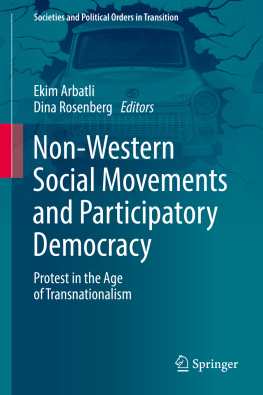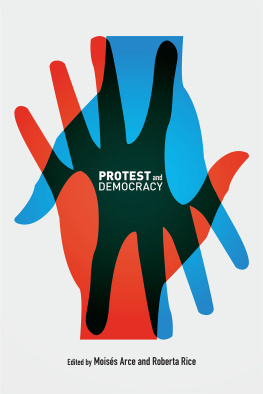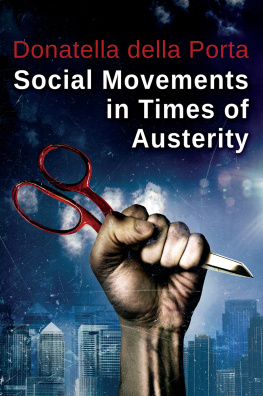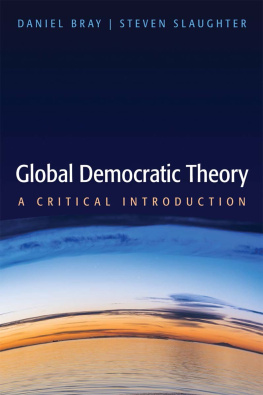Copyright 2014 University of Pennsylvania Press
All rights reserved. Except for brief quotations used for purposes of review or scholarly citation, none of this book may be reproduced in any form by any means without written permission from the publisher.
Published by
University of Pennsylvania Press
Philadelphia, Pennsylvania 19104-4112
www.upenn.edu/pennpress
Printed in the United States of America on acid-free paper
10 9 8 7 6 5 4 3 2 1
Cataloging-in-Publication Record is available from the Library of Congress
Cover image Rasslava / 123RF. Cover design by John Hubbard.
ISBN 978-0-8122-2330-9
The European revolutions of 1848 ended on December 2, 1851, when tragedy repeated itself as a farce and Louis Napoleon Bonaparte guillotined the Second French Republic by means of a coup. In the days and weeks during which this last act of the revolutionary drama was unfolding before the eyes of the world, five of the greatest political minds of nineteenth-century Europe ran to their writing desks with the ambition to capture the meaning of the event. They felt they were living in strange times, when one was never sure, between ordering and eating ones dinner, whether a revolution might not intervene.
As one would expect from analyses written in the heat of the moment and burdened by passions and frustrations, the authors got the characters of the political actors right but the story wrong. In the manner of the man who mistook his wife for a hat, they mistook the end of the revolutionary wave for its beginning. If the experience of the great five teaches us anything, it is that making sense of the present can be as troublesome as predicting the future.
The desire to make sense of the present is what guided me in writing this little book on protests and democracy. It is not a book about any particular protest, although the protests in Bulgaria inspired me to undertake this adventure, and protests in Russia, Turkey, and Thailand are central to my argument. The book does not attempt to venture an overarching theory of the protests or to conceptualize the new protest experience. It is not a book by somebody who was really there or even dreamt of participating in the events it describes. It does not strive to classify the protests or to figure out how to judge their success or failure. Its aim is more modest: to capture the meaning of the events, to reflect on the complex relationship between mass protests and democracy, and to analyze how mass protests are transforming democracy.
In the three short years between Occupy Wall Street and Vladimir Putins Occupy Crimea, we witnessed an explosion of protests all around the worldthe Arab Spring, Russian Winter, Turkish Summer, and the dismembering of Ukraine all were part of the protest moment. Each of these demonstrationsand many less monumental oneswas angry in its own way, but the protests are also a worldwide phenomenon.
Do they signal a radical change in the way politics will be practiced? Or are they simply a spectacular but ultimately insignificant eruption of public anger? Is it the technology, the economics, the mass psychology, or just the zeitgeist that has caused this global explosion of revolt? Do the protests prove the technologically amplified power of citizens? Or, alternatively, do they mark the decline of the political influence of the middle class and its growing discontent with democracy? Will it be the empowering energy of the protests or the conservative backlash against them that will shape the future of democratic politics?
What strikes any observer of the new wave of revolutionary politics is that it is a revolution without an ideology or a project. Protesting itself seems to be the strategic goal of many of the protests. Failing to offer political alternatives, they are an explosion of moral indignation. In most of the protests, citizens on the street treat politics not so much as a set of issues as a public performance or a way of being in the world. Many protesters are openly anti-institutional and mistrustful toward both the market and the state. They preach participation without representation. The protest movements bypass established political parties, distrust the mainstream media, refuse to recognize any specific leadership, and reject all formal organizations, relying instead on the Internet and local assemblies for collective debate and decision making.
In a way the new protest movements are inspired by mistrust in the elites, empowered by mistrust in leadership, constrained by mistrust of organizations, and defeated by the protesters inability to trust even each other: This is an obvious but unspoken cultural difference between modern youth protest movements and those of the past.... Anybody who sounds like a career politician, anybody who attempts to use rhetoric, or espouses an ideology, is greeted with visceral distaste.
Mistrusting institutions as a rule, the protesters are plainly uninterested in taking power. The government is simply them, regardless of who is in charge. The protesters combine a genuine longing for community with a relentless individualism. They describe their own political activism almost in religious terms, stressing how the experience of acting out on the street has inspired a revolution of the soul and a regime change of the mind. Perhaps for the first time since 1848the last of the pre-Marxist revolutionsthe revolt is not against the government but against being governed. It is the spirit of libertarianism that brings together Egypts antiauthoritarian uprising and Occupy Wall Streets anticapitalist insurrection.
For the protesters, it is no longer important who wins elections or who runs the government, not simply because they do not want to be the government, but also because any time people perceive that their interests are endangered, they plan on returning to the streets. The silent man in Taksim Square, Istanbul, who stood without moving or speaking for eight hours, is a symbol of the new age of protests: He stands there to make sure that things will not stay as they are. His message to those in power is that he will never go home.
While it is popular for Europeans to compare the current global protest wave with the revolutions of 1848, todays protests are the negation of the political agenda of 1848. Those revolutions fought for universal suffrage and political representation. They marked the rise of the citizen-voter. The current protests are a revolt against representative democracy. They mark the disillusionment of the citizen-voter. The current protests function as an alternative to elections, testifying that the people are furious; the angry citizen heads to the streets not with the hope of putting a better government in power but merely to establish the borders that no government should cross.
But is a protest really a better instrument than elections for keeping elites accountable? Can we be confident that people will amass on the streets in large numbers whenever the public interest is violated? Could it not be that the next time the government crosses the line, there will be too few protesters and the effort will fail? How can we be sure that elites will not capture future protests in the same way that they have captured elections? Is the strategy of permanent protest more promising than the once popular dream of permanent revolution?

